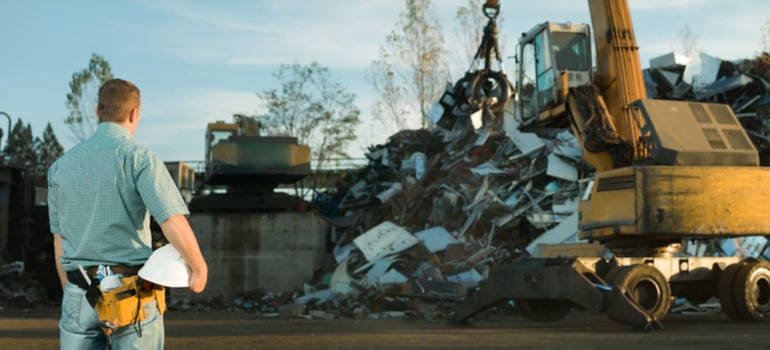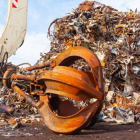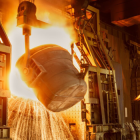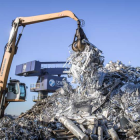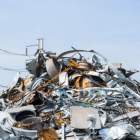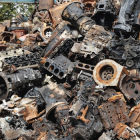Scrap metal recycling is not only good for business, but it’s also a vital practice for protecting the environment. By recycling metals such as steel, aluminum, and copper, we can reduce the strain on natural resources, lower energy consumption, and decrease greenhouse gas emissions. In this blog, we will dive into the environmental benefits of scrap metal recycling and how it contributes to a more sustainable future.
How Scrap Metal Recycling Helps the Environment
- Reduction in Mining Activities: Mining for raw metals like iron, aluminum, and copper requires significant energy and disrupts ecosystems. Recycling scrap metal reduces the need for new mining, conserving precious natural resources and minimizing habitat destruction.
- Energy Conservation: Recycling metals uses far less energy than extracting them from ores. For example, recycling aluminum saves up to 95% of the energy required to produce it from bauxite ore. This energy saving translates into reduced carbon emissions.
- Lower Carbon Footprint: The energy savings from recycling metals also reduce the amount of fossil fuels burned, leading to fewer carbon emissions. This makes scrap metal recycling an essential part of global efforts to combat climate change.
- Waste Reduction: Metals that are not recycled often end up in landfills, where they take decades to decompose. Recycling scrap metal keeps these materials in use and out of landfills, significantly reducing waste and landfill overuse.
Key Metals and Their Environmental Impact
- Steel: Recycling steel saves about 74% of the energy needed to produce it from raw materials. It also reduces water usage and air pollution by 86%.
- Aluminum: Recycling one ton of aluminum saves the energy equivalent of nearly 21 barrels of oil, helping to conserve both energy and fossil fuel reserves.
- Copper: Recycled copper consumes 85% less energy than copper produced from virgin ore, making it one of the most energy-efficient metals to recycle.
The Role of Businesses and Consumers in Promoting Recycling
Both businesses and consumers play a crucial role in promoting the environmental benefits of scrap metal recycling:
- For Businesses: Companies should adopt scrap recycling as a key part of their waste management strategy, ensuring that all metal waste is properly sorted and sent to recycling facilities.
- For Consumers: Individuals can contribute by recycling old appliances, electronics, and cars, and by purchasing products made from recycled metals. Supporting companies that prioritize recycled materials can also make a significant impact.
Conclusion
Scrap metal recycling is one of the most effective ways to reduce environmental harm, conserve energy, and minimize waste. By embracing recycling practices, both businesses and consumers can contribute to a cleaner, more sustainable planet. The benefits are clear—recycling scrap metal is a win-win for the economy and the environment.

